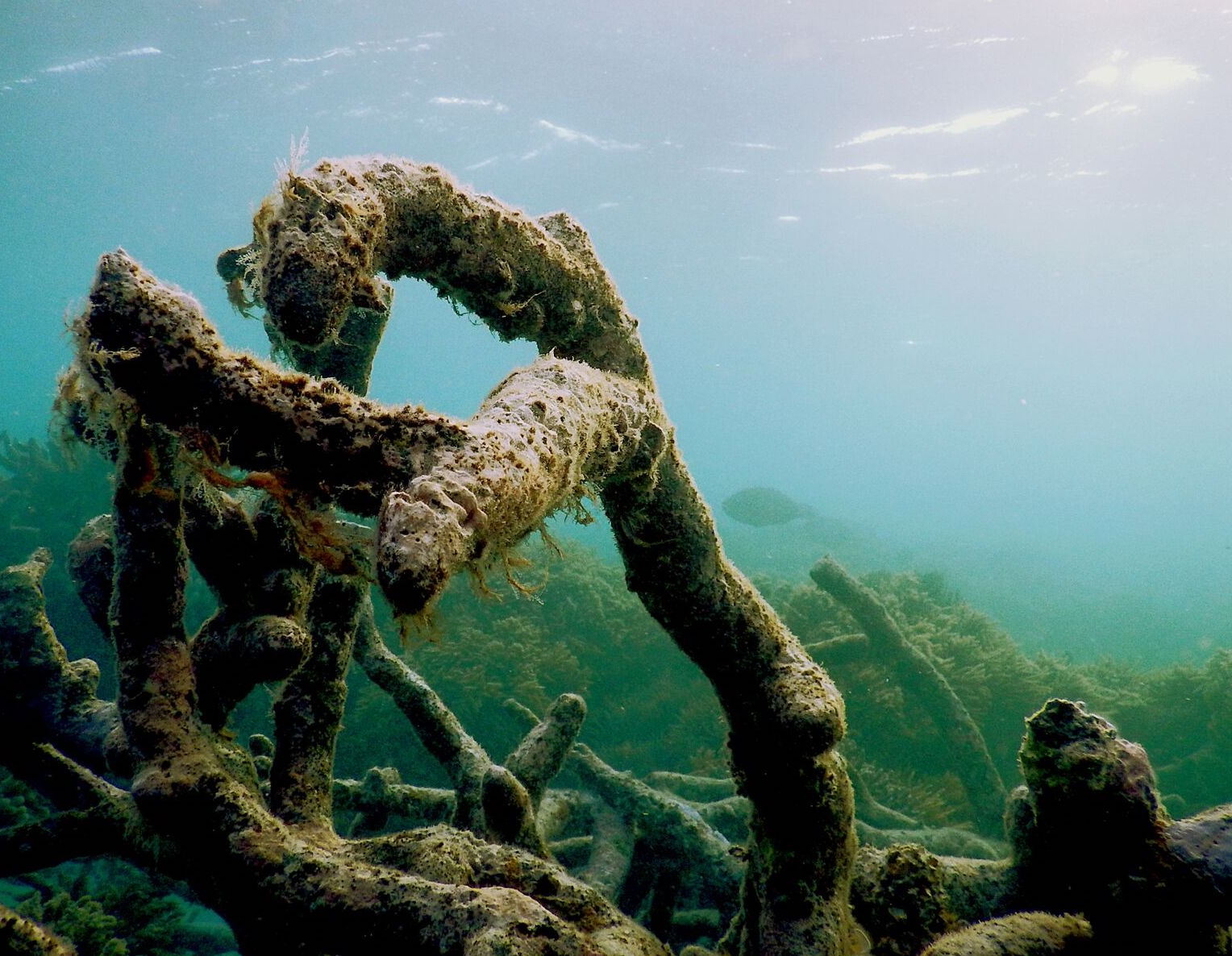
Silence of the reefs: how quiet coral reefs are keeping fish away
For most homeowners, a quiet neighborhood is an ideal place to live. But for fish looking for a home in coral reefs, noise is actually a good thing, according to a new study.
Young fish use the noise from coral reefs to find a good home and place to mate. The sounds of a coral reef can be heard for miles and the species that call corals home use sounds to communicate with each other, warn others in case of predators, and for mating.
Snapping shrimp, chirps from damselfish, and chattering clownfish create a symphonic soundscape that is a key indicator of a healthy reef.
Over time, due to the increase in bleaching events, pollution, and habitat degradation, coral reefs have become much quieter and in turn, attract less fish.
This was the major takeaway from research conducted by an international team of scientists led by the University of Exeter. The study was published in the journal Proceedings of the National Academy of Sciences USA.
The researchers performed several field experiments on the Northern Great Barrier Reef and discovered that years of bleaching and cyclones due has put a literal damper on the “coral reef orchestra”.
It’s had a silencing effect over the years and coral reefs are much quieter now compared to five years ago.
“It’s heartbreaking to hear. The usual pops, chirps, snaps, and chatters of countless fish and invertebrates have disappeared. The symphony of the sea is being silenced.” said Tim Gordon, the study’s lead author.
The degraded reefs are now attracting 40 percent fewer juvenile fish, which put corals in even more danger, as fish are required for a healthy and thriving reef system.
“If fish aren’t hearing their way home anymore, that could be bad news for the recovery prospects of reefs,” said Harry Harding, a co-author of the research. “Fish play critical roles on coral reefs, grazing away harmful algae and allowing coral to grow. A reef without fish is a reef that’s in trouble.”
The team of scientists built experimental reefs to test how much sound plays a role in attracting fish. The researchers used underwater loudspeakers and played both healthy and degraded reef sounds to see which attracted more fish.
The difference is audible, as sound clips from the research show just how stark and muted degraded reefs’ soundscapes are in comparison to healthy reefs.
“Over the last 15 years my research group have discovered how important sound can be for fish to locate and select specific reefs,” said Steve Simpson, the senior author of the study. “We have marveled at the remarkable diversity and complexity of coral reef soundscapes. But in the last few years, the reefs we know and love have died before our eyes. And the deserted and crumbling rubble fields have turned eerily quiet.”
Coral bleaching has killed up 80 percent of some corals in the Great Barrier Reef and climate change continues to threaten marine ecosystems and reef recovery. The researchers say more must be done to keep reefs from going quiet.
—
By Kay Vandette, Earth.com Staff Writer
Image Credit: Tim Gordon, University of Exeter













